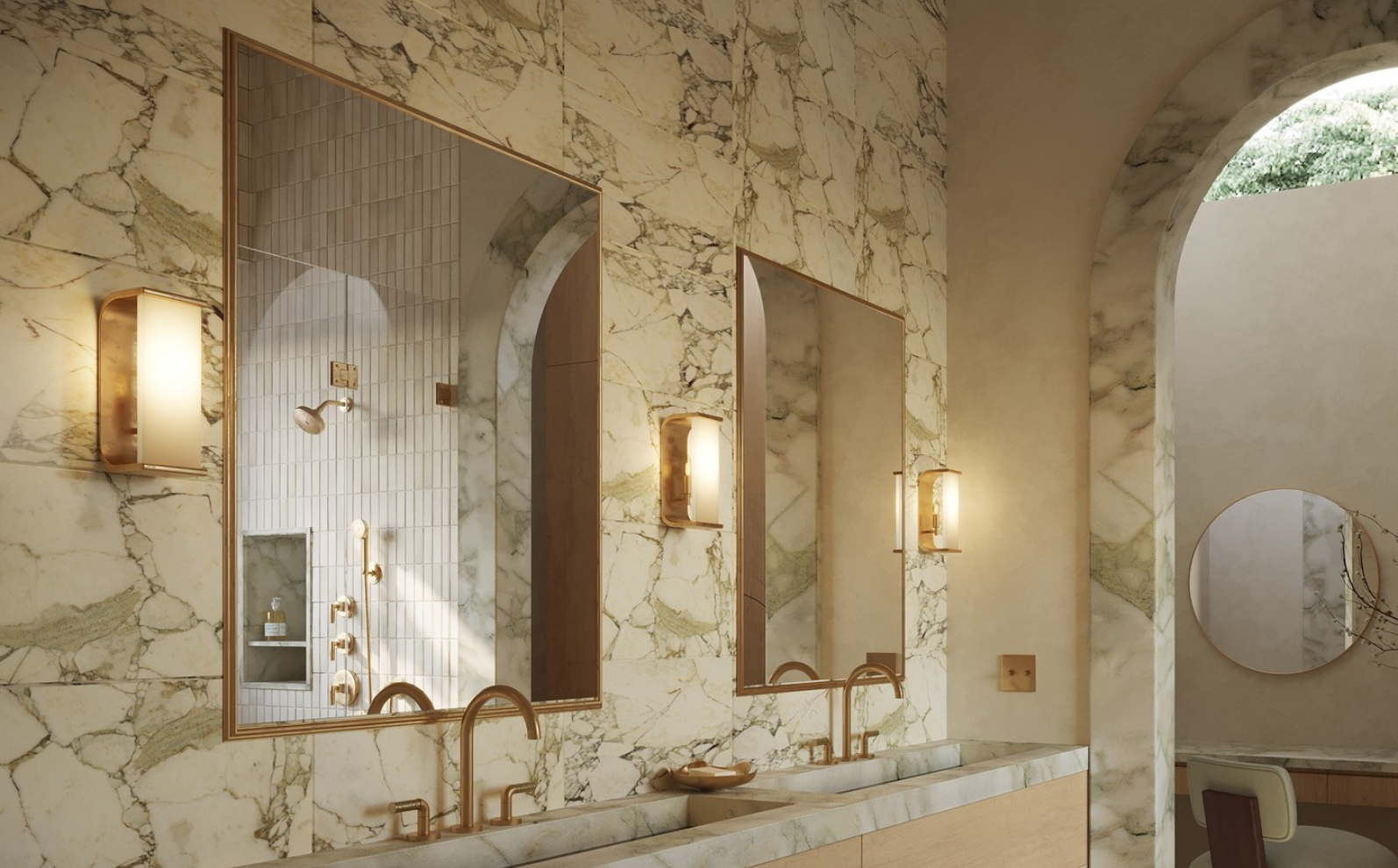
Mirror, Mirror on the Wall: How Long Should a Bathroom Mirror Last?
Bathroom mirrors play a vital role in our daily routines, providing both functional and aesthetic benefits. Whether we're getting ready in the morning or winding down at night, a quality bathroom mirror is indispensable. Mirrors are not just functional pieces but also critical to the room's overall design and practicality. They help illuminate the space, making it look larger and more inviting.
Bathroom vanity mirrors specifically enhance both the style and functionality of the bathroom, creating a focal point that ties the room together. The right bathroom mirror can significantly impact the ambiance and usability of the space, making it a key component in any bathroom design.
But how long should we expect these essential fixtures to last? Let's explore the factors that influence the lifespan of bathroom mirrors and what we can do to extend their usability.

What to Expect
Under typical conditions, the average lifespan of a bathroom mirror is about 10-15 years. This longevity can vary based on factors such as the quality of materials used, the environment in which the mirror is placed, and how well it is maintained. Higher-quality bathroom vanity mirrors and those with superior craftsmanship often last longer, maintaining their clarity and structural integrity over time.

The Whole Picture
Several factors can impact the lifespan of a bathroom mirror:
- Environmental Conditions: High humidity and poor ventilation can cause significant damage over time. Constant exposure to moisture can lead to warping and degradation of the mirror’s materials.
- Usage Patterns: Frequent use and cleaning can result in wear and tear, especially if improper cleaning materials are used. The way a mirror is used daily will greatly affect its longevity.
- Maintenance Habits: Regular and proper maintenance is essential to prevent deterioration. Neglecting cleaning and ignoring minor damages can shorten a mirror's lifespan. Using non-abrasive cleaners and following recommended care procedures is crucial.

Materials & Longevity
The materials used in the construction of bathroom mirrors play a crucial role in their longevity. For instance, wood framed bathroom mirrors add a classic touch but require careful maintenance to prevent warping from moisture. Metal frames, such as stainless steel, aluminum, and iron, also contribute to the durability and lifespan of a mirror. Stainless steel is resistant to rust and easy to clean, while aluminum is lightweight and corrosion-resistant. Iron frames offer strength but require protection against rust. These material choices directly influence how long your bathroom mirror will serve you well.
MOON MIRROR Matte Black Pivot Mirror with Stainless Steel Frame
What to Look For
When selecting a bathroom mirror, consider the durability of materials such as stainless steel, aluminum, iron, and wood. Stainless steel mirrors are robust and resistant to rust, making them ideal for humid environments. Aluminum mirrors are both lightweight and resistant to corrosion, offering a practical solution for modern bathrooms. Iron mirrors provide a strong, rustic aesthetic but require regular maintenance to prevent rust. Wood framed bathroom mirrors add warmth and charm but need to be sealed properly to withstand moisture.
Choose a material based on your bathroom's specific conditions and your maintenance commitment to ensure longevity.
Contemporary Iron Frame Matte Black Bathroom Mirror
Cleaning & Maintenance
To extend the life of your bathroom mirror, proper cleaning and maintenance are essential. For wood framed mirrors, use a wood polish and avoid excessive moisture to prevent warping. For metal frames, such as stainless steel and aluminum, use non-abrasive cleaners and soft cloths to avoid scratches and corrosion. Regularly inspect and address any signs of damage promptly to maintain the mirror's integrity. Iron frames should be protected with rust-resistant coatings and waxes, and any rust spots should be treated immediately.

Click to learn more:How to Keep Your Mirror Looking Great for Years
The Impact of Placement
The placement of your bathroom mirror can significantly affect its durability. Avoid placing mirrors in direct sunlight or in areas with poor ventilation. Ideally, position your bathroom wall mirrors where they can reflect natural light without being exposed to excessive moisture or heat. This strategic placement helps maintain both the aesthetic appeal and the functional integrity of the mirror. Proper placement can prevent damage and prolong the mirror's lifespan.

Knowing the Signs
Recognizing when it's time to replace your bathroom mirror is crucial. Signs that it may be time for a new mirror include persistent fogging, desilvering, or visible cracks and chips. When the mirror no longer serves its purpose effectively, it's time to consider a replacement to maintain the aesthetics and functionality of your bathroom.

In conclusion, understanding the lifespan of your bathroom mirror and the factors that affect it can help you make informed choices about maintenance and replacement. By choosing quality materials, proper placement, and adopting regular care routines, you can enjoy the benefits of a durable, long-lasting mirror.
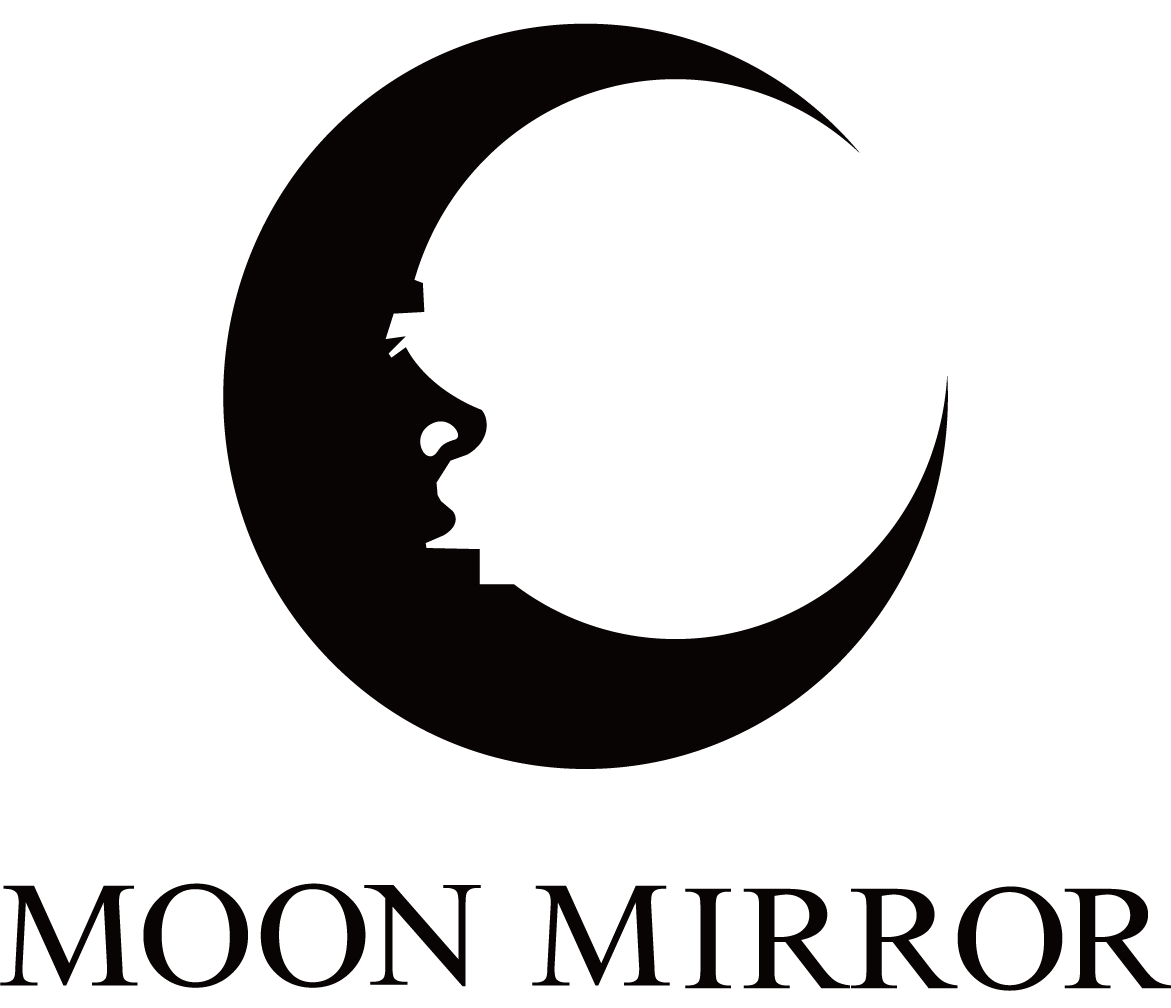
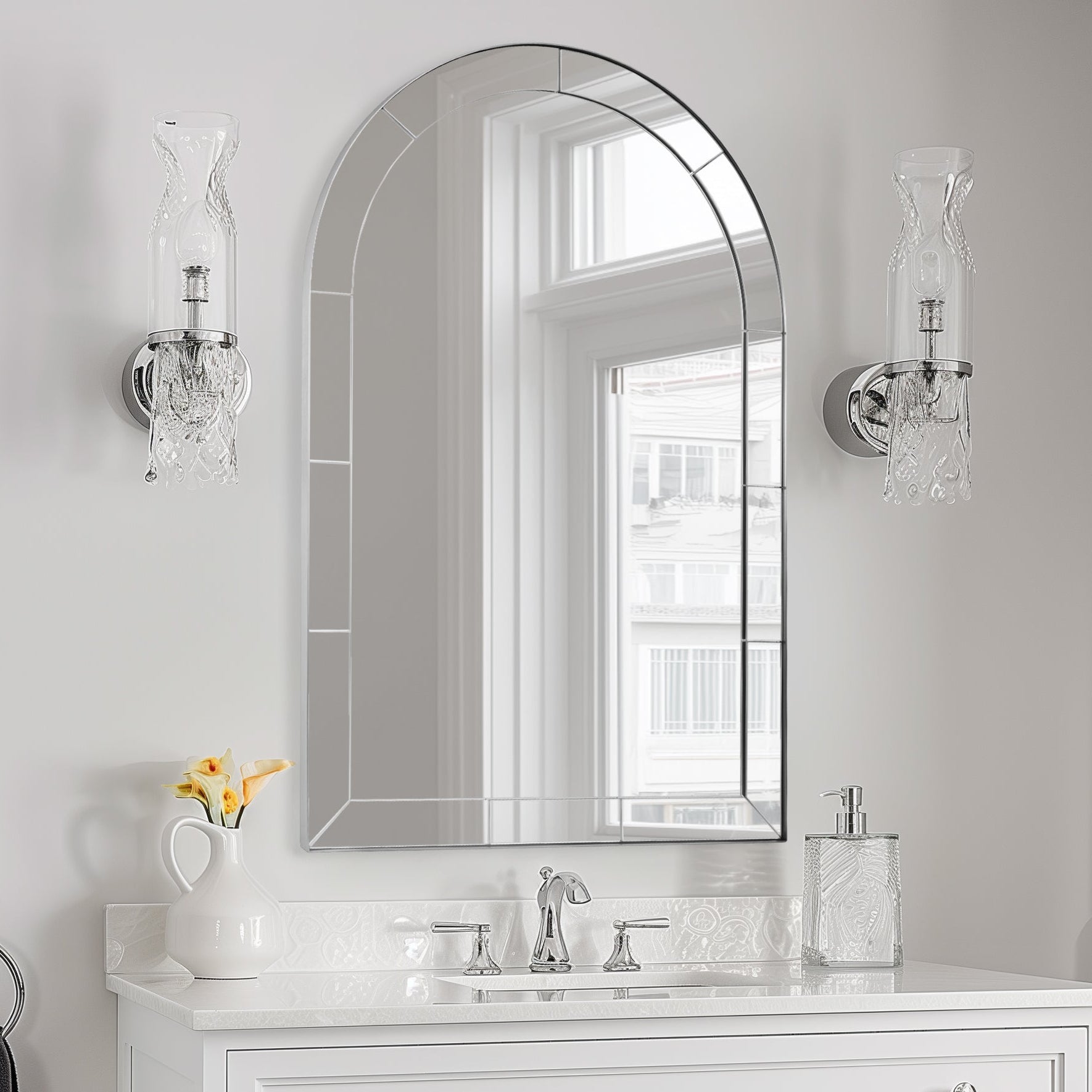





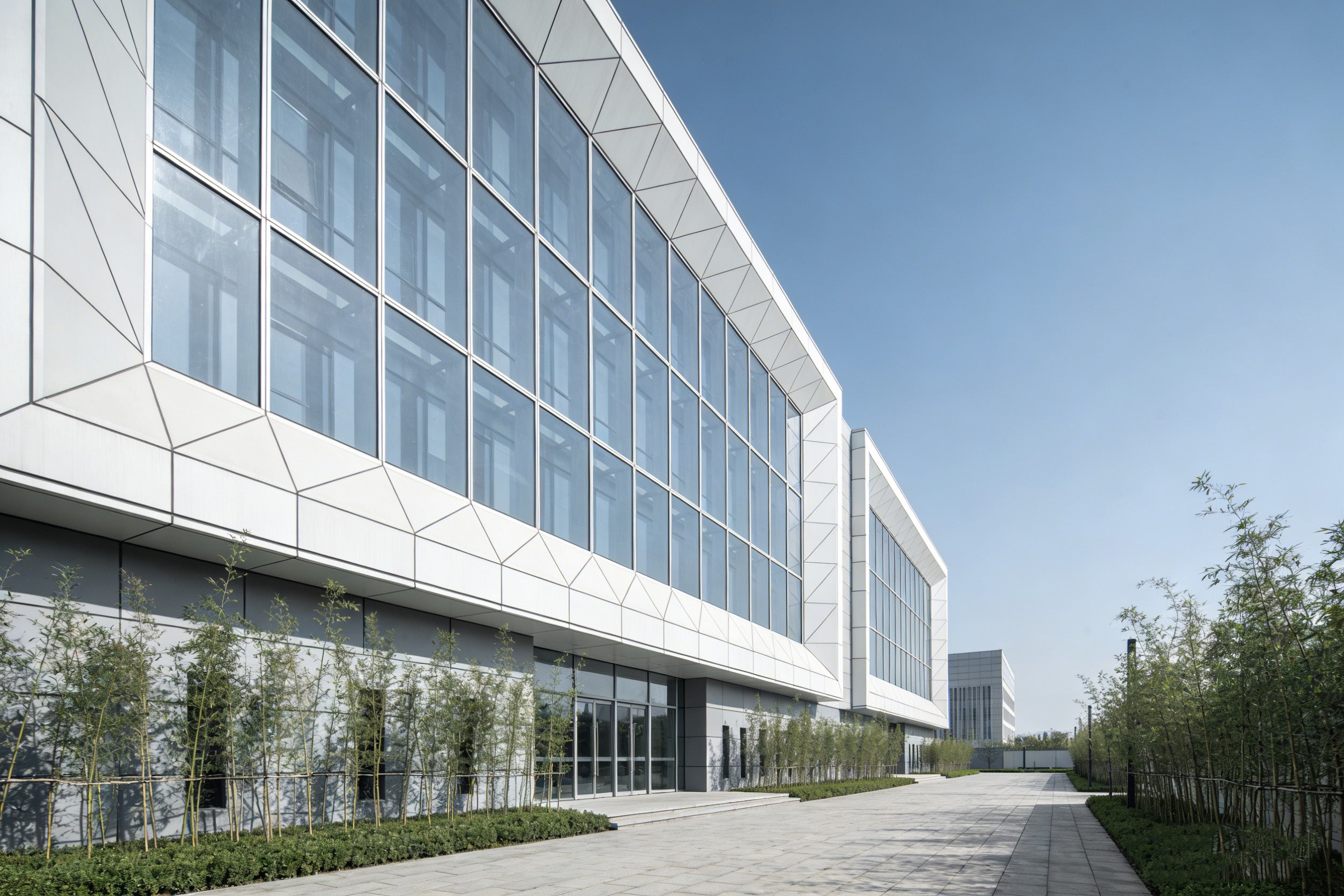


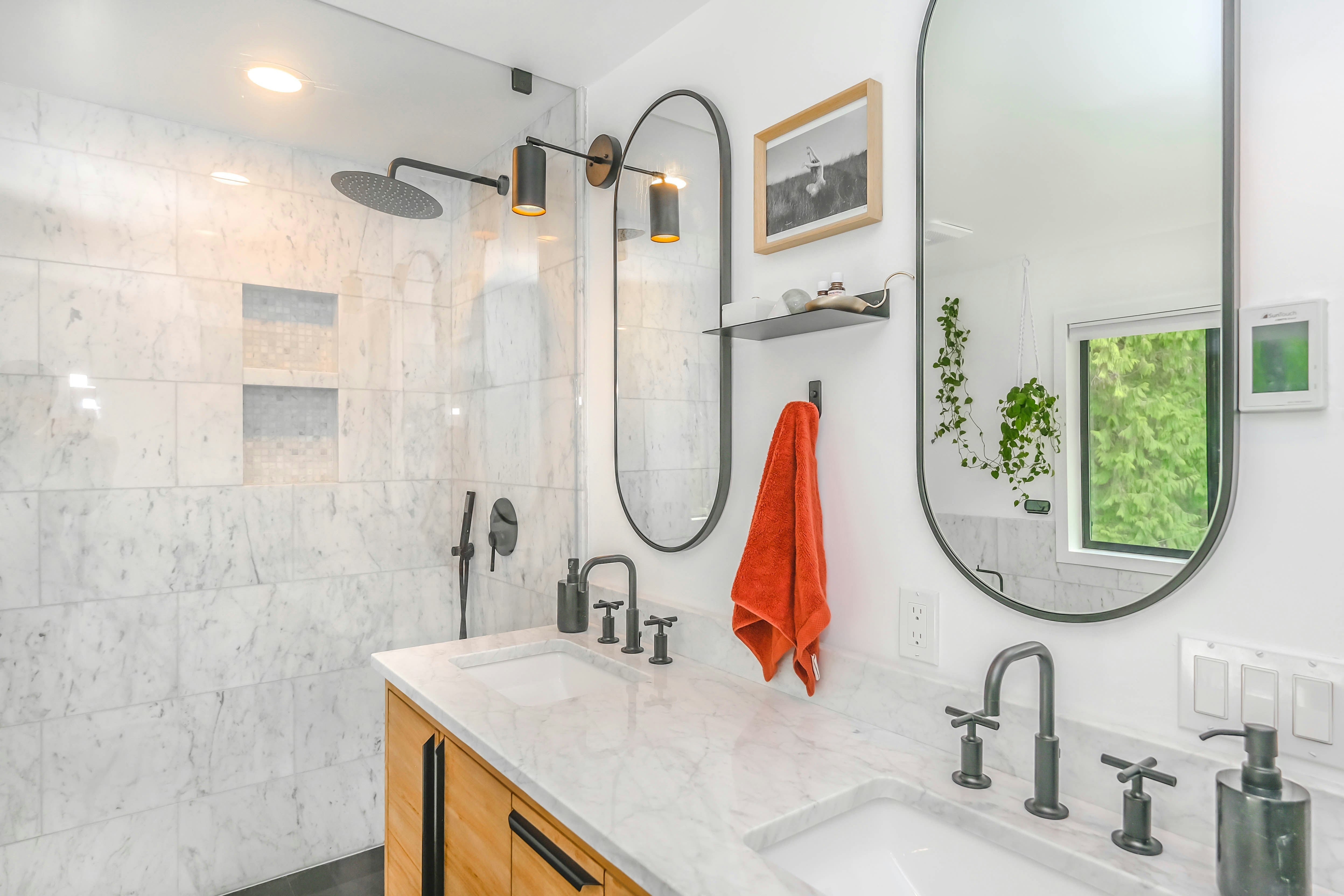
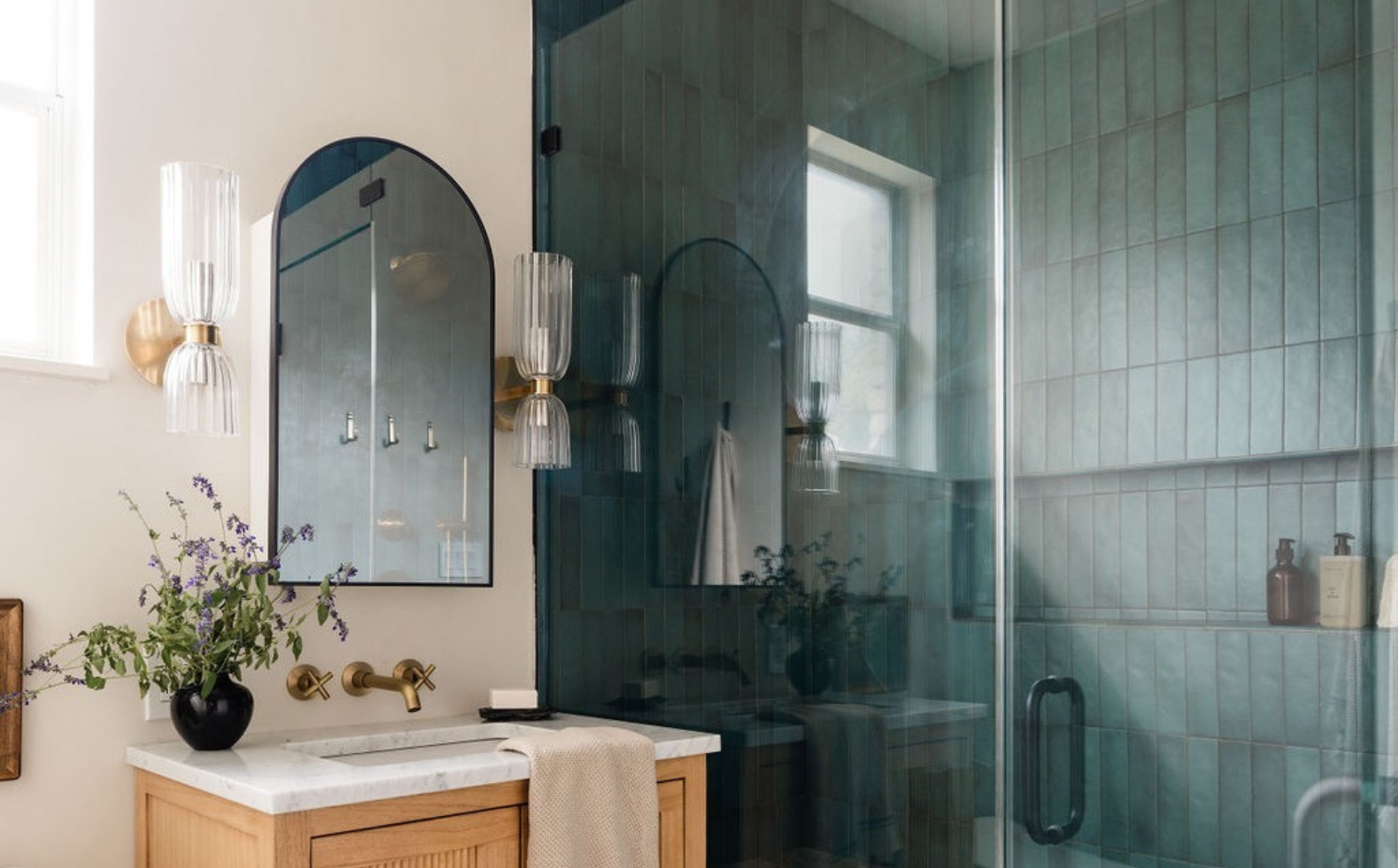











Laisser un commentaire
Ce site est protégé par hCaptcha, et la Politique de confidentialité et les Conditions de service de hCaptcha s’appliquent.